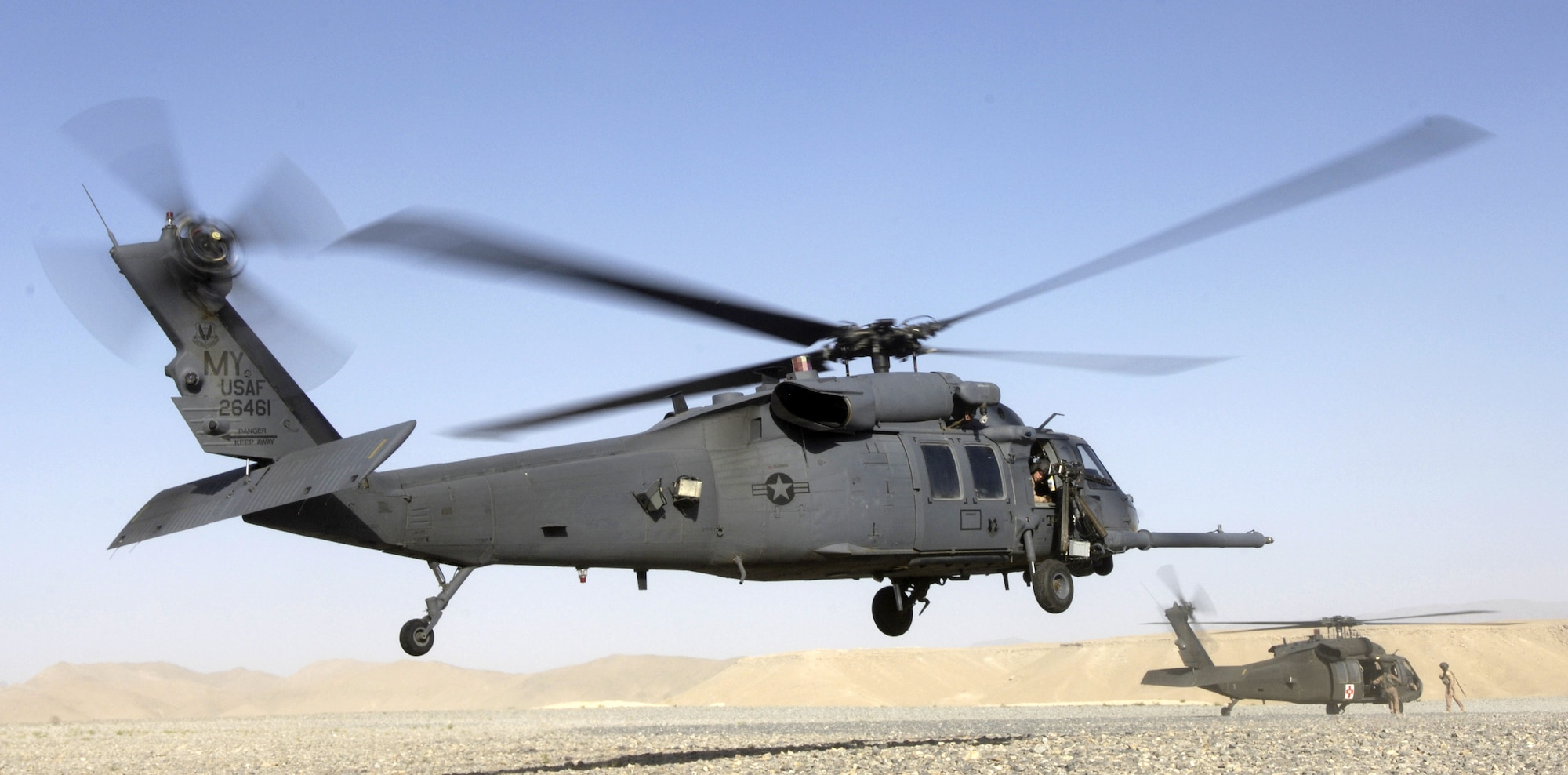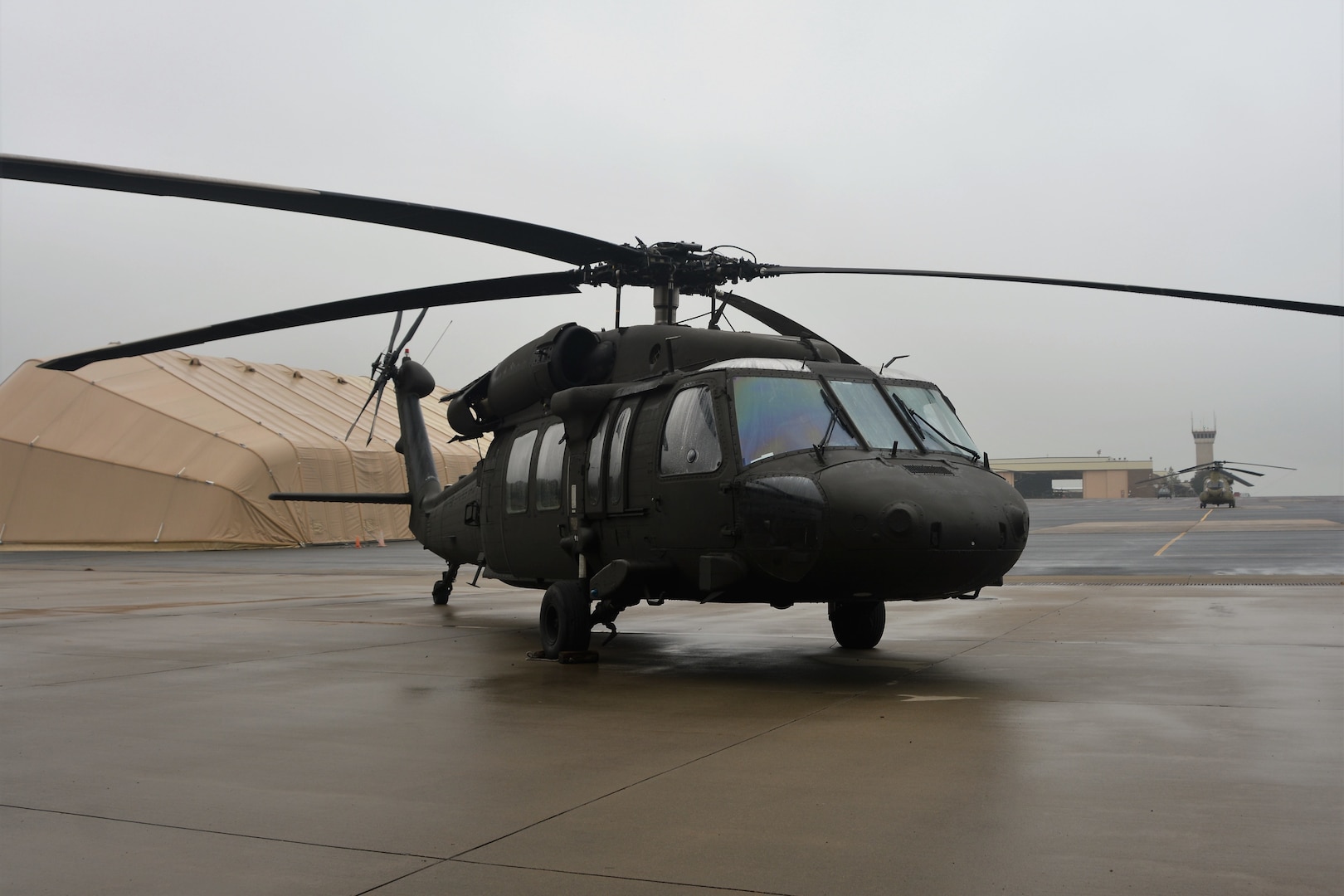UH 60 Black Hawk Helicopter Variants and Their Uses
UH 60 Black Hawk Helicopter Variants and Their Uses
Blog Article
The Influence of Lasting Practices on the Future of Airplane Procedures and Emissions Reduction
As the aviation market faces boosting scrutiny over its environmental effect, the adoption of sustainable practices becomes an essential path towards future aircraft procedures and exhausts reduction. Advancements in lasting aeronautics fuels and innovations in crossbreed propulsion modern technologies stand at the center of this change, promising significant reductions in greenhouse gas discharges. Nonetheless, the successful combination of these efforts hinges on a variety of factors, including regulatory structures and sector partnership. The question remains: just how will these progressing practices reshape the characteristics of air traveling and add to a more lasting future?

Review of Lasting Practices
Sustainable methods in aircraft operations include a variety of strategies aimed at minimizing ecological influence while keeping functional efficiency. These practices are crucial in the aviation industry's commitment to decreasing its carbon footprint and sticking to global ecological criteria. Key initiatives include maximizing trip paths to reduce gas usage, improving maintenance protocols to make sure airplane operate at peak effectiveness, and applying sophisticated technologies such as winglets and light-weight materials that boost aerodynamics.

Training and engaging personnel on sustainability techniques likewise play an important function, promoting a society of ecological duty within organizations. Overall, the assimilation of these lasting practices not only assists minimize emissions but additionally improves the lasting practicality of the aeronautics industry, guaranteeing it fulfills the demands of both clients and regulative bodies while contributing to international sustainability objectives.
Ingenious Gas Alternatives
Countless cutting-edge fuel alternatives are arising as critical options to lower the air travel market's dependence on conventional fossil gas. Amongst these choices, Lasting Aeronautics Fuels (SAFs) have acquired substantial focus because of their prospective to reduce lifecycle greenhouse gas exhausts by as much as 80% contrasted to conventional jet gas. SAFs are originated from numerous feedstocks, including waste oils, agricultural deposits, and even algae, making them a flexible choice for the industry.
Another encouraging option is hydrogen fuel, which, when used in fuel cells, creates just water vapor as a byproduct. In addition, electrical propulsion systems are being checked out, leveraging battery technology to power airplane.
Last but not least, biofuels originated from biomass are being examined, using a renewable alternative that can be mixed with traditional fuels. Collectively, these ingenious gas alternatives stand for a crucial step towards accomplishing a sustainable aeronautics community, aligning with global discharges decrease targets and enhancing the industry's environmental stewardship.
Technological Developments in Aeronautics

How can technical developments reshape the future of air travel? Developments such as hybrid and electric propulsion systems are at the forefront, promising substantial decreases in gas consumption and greenhouse gas exhausts.
In addition, the implementation of More Help sophisticated products, such as lightweight compounds, adds to enhanced the rules of aerodynamics and gas efficiency. The usage of fabricated knowledge and artificial intelligence in trip operations optimizes route planning and minimizes fuel burn by allowing real-time adjustments based upon weather condition and traffic conditions. Additionally, the growth of self-governing and remotely piloted airplane systems stands to change freight and guest transportation, possibly increasing performance while minimizing human mistake.
In addition, sustainable air travel technologies, including innovative air web traffic administration systems, can reduce and streamline operations blockage, resulting in lower emissions throughout flight. These advancements collectively represent a paradigm shift in aeronautics, guaranteeing click this a future where sustainability and functional efficiency are linked, thus sustaining the market's commitment to decreasing its environmental influence.

Regulative Framework and Conformity
Taking into account the growing focus on ecological stewardship within the aviation field, the regulatory framework regulating airplane procedures is advancing to advertise lasting practices. Regulatory bodies, such as the International Civil Aeronautics Company (ICAO) and numerous nationwide aeronautics authorities, are introducing strict standards focused on minimizing discharges and improving functional effectiveness.
These policies typically include the adoption of Sustainable Aeronautics Fuel (SAF), which has been identified as a vital part in achieving lower carbon impacts. Conformity with these guidelines requires airline companies to carry out functional methods and advanced technologies, such as optimized flight paths and enhanced air web traffic monitoring, to reduce fuel intake.
Additionally, the enforcement of exhausts trading schemes and carbon countering efforts is becoming significantly widespread, engaging airline companies to check and report their discharges precisely. Non-compliance can lead to significant penalties, therefore pressing drivers to prioritize sustainability in their service models.
Inevitably, the developing regulative landscape not just drives innovation and investment in eco-friendly innovations yet additionally fosters a society why not try this out of liability within the aviation industry. As these structures continue to develop, the concentrate on sustainable practices will be important to accomplishing the sector's long-term environmental goals.
Future Fads in Airplane Workflow
As the aeronautics market adapts to an increasingly rigid regulatory setting, future trends in aircraft operations are established to concentrate on ingenious remedies that better boost sustainability and performance - uh 60. Secret developments will likely consist of the adoption of advanced air web traffic administration systems, which make use of real-time data and man-made intelligence to maximize flight courses, decreasing gas intake and exhausts
One more considerable pattern is the boosted assimilation of sustainable aeronautics fuels (SAFs) These alternatives to standard jet fuel, stemmed from renewable resources, can dramatically lower lifecycle greenhouse gas emissions. The sector's commitment to SAFs will likely accelerate as airlines collaborate with fuel manufacturers to guarantee schedule and cost-effectiveness.
Furthermore, the push in the direction of electrification and hybrid propulsion systems is gaining energy. Arising aircraft designs will certainly integrate these technologies, using quieter and more reliable procedures, specifically for short-haul flights.
Conclusion
The adoption of sustainable aeronautics gas, paired with developments in electric and hybrid propulsion systems, is crucial for reducing lifecycle greenhouse gas exhausts. Maximizing trip courses and accepting innovative innovations add to a quieter and extra environmentally friendly aviation field.
Technologies in lasting air travel fuels and innovations in crossbreed propulsion technologies stand at the leading edge of this makeover, promising considerable decreases in greenhouse gas emissions.Various ingenious fuel options are arising as crucial services to reduce the aviation industry's dependence on typical fossil gas - uh 60. Among these choices, Sustainable Air travel Fuels (SAFs) have actually obtained considerable focus due to their possible to lower lifecycle greenhouse gas exhausts by up to 80% contrasted to traditional jet gas.Another significant fad is the enhanced integration of lasting aeronautics gas (SAFs) The adoption of lasting air travel fuels, paired with innovations in hybrid and electrical propulsion systems, is necessary for decreasing lifecycle greenhouse gas exhausts
Report this page